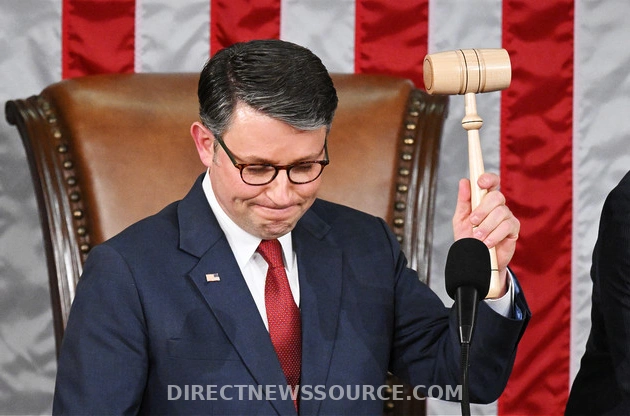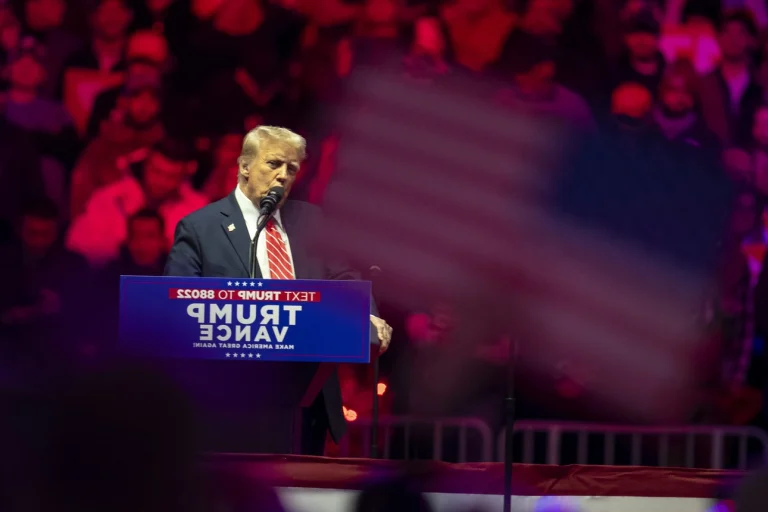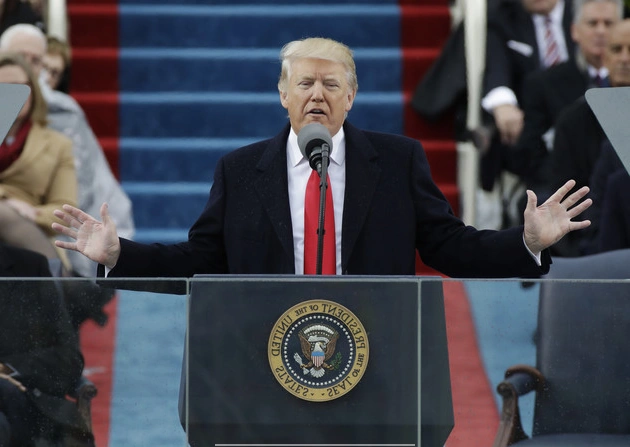
Johnson Aims to Deliver Budget Reconciliation Bill to Trump by April
House Speaker Mike Johnson, recently reelected, has set a bold goal with President-elect Donald Trump – to push through a comprehensive budget reconciliation package swiftly. Their target is to have the bill ready for Trump’s signature by the close of April.
Sequenced Strategy for Success
Johnson emphasized the importance of maintaining the correct sequence of actions. He expressed confidence in the timeline, stating, “Everything’s got to move in the right sequence. And along the way, I think we’re going to keep those trains moving in the right direction and on time.” The House aims to pass the bill by early April, potentially as soon as April 3, followed by Senate proceedings.
Addressing the Debt Ceiling
Johnson’s vision for the bill extends to addressing the debt ceiling, indicating a broad scope for the proposed legislation. However, he clarified that this didn’t imply an intention to match the new limit with increased spending.
Unveiling the Comprehensive Plan
During a recent retreat with House Republicans, Johnson shared the comprehensive plan developed in collaboration with Trump. This plan integrates key priorities such as immigration, border enforcement, tax reform, and energy policies into a single reconciliation package. The complexity of this task is evident in the House GOP’s slim majority margin of 219-215.
Dealing with the Debt Ceiling Dilemma
Though plans for addressing the debt ceiling before June remain unsettled, there is consideration to incorporate this issue within the substantial reconciliation package. This strategic move could pose significant political challenges given the looming June deadline.
Utilizing Reconciliation for Enhanced Efficiency
Reconciliation offers a streamlined path for passing spending bills, particularly in the Senate where a simple majority suffices, bypassing potential filibusters in the divided 53-47 body. However, delineating budgetary items from non-budgetary ones remains a critical aspect of this process.
Optimism Amidst Challenges
Despite the complexities involved, Johnson remains optimistic about the viability of the single-bill strategy. Consolidating all elements into one comprehensive vote could prove instrumental in delivering a well-rounded solution, allowing for additional negotiation time.
Bipartisan Support and Unity
Republican senators have expressed swift endorsement for Trump and Johnson’s unified approach. Senate members like Sen. Bill Cassidy (R-La.) and Sen. Jim Banks (R-Ind.) have voiced their support, highlighting the importance of unity within the fragmented House Republican caucus.















